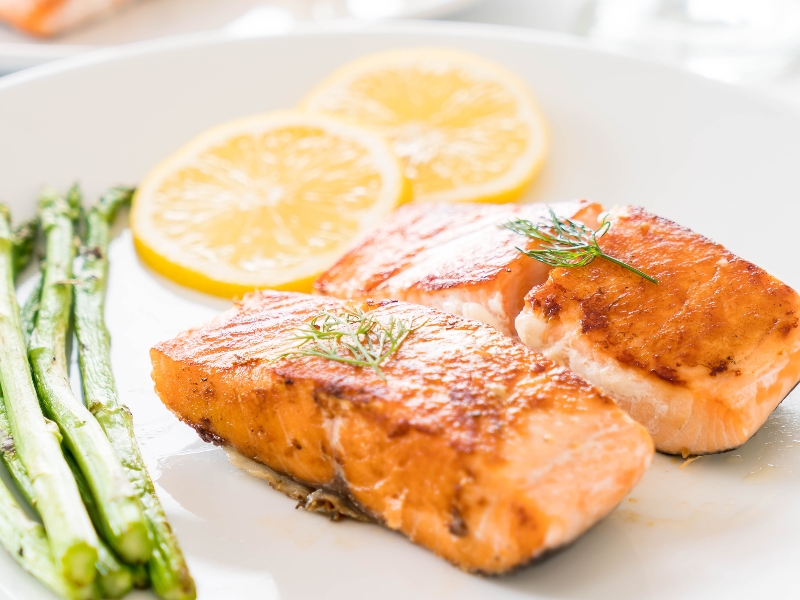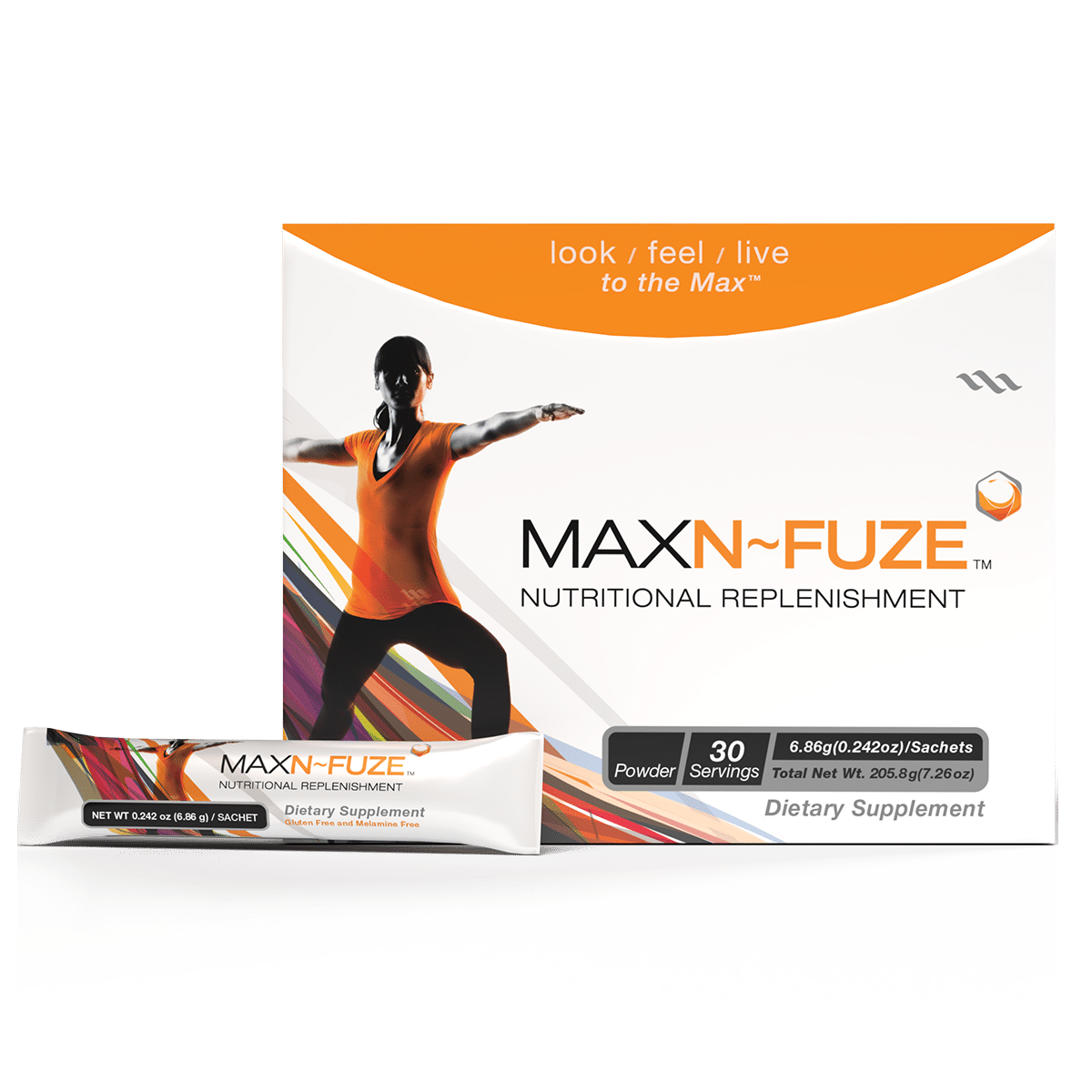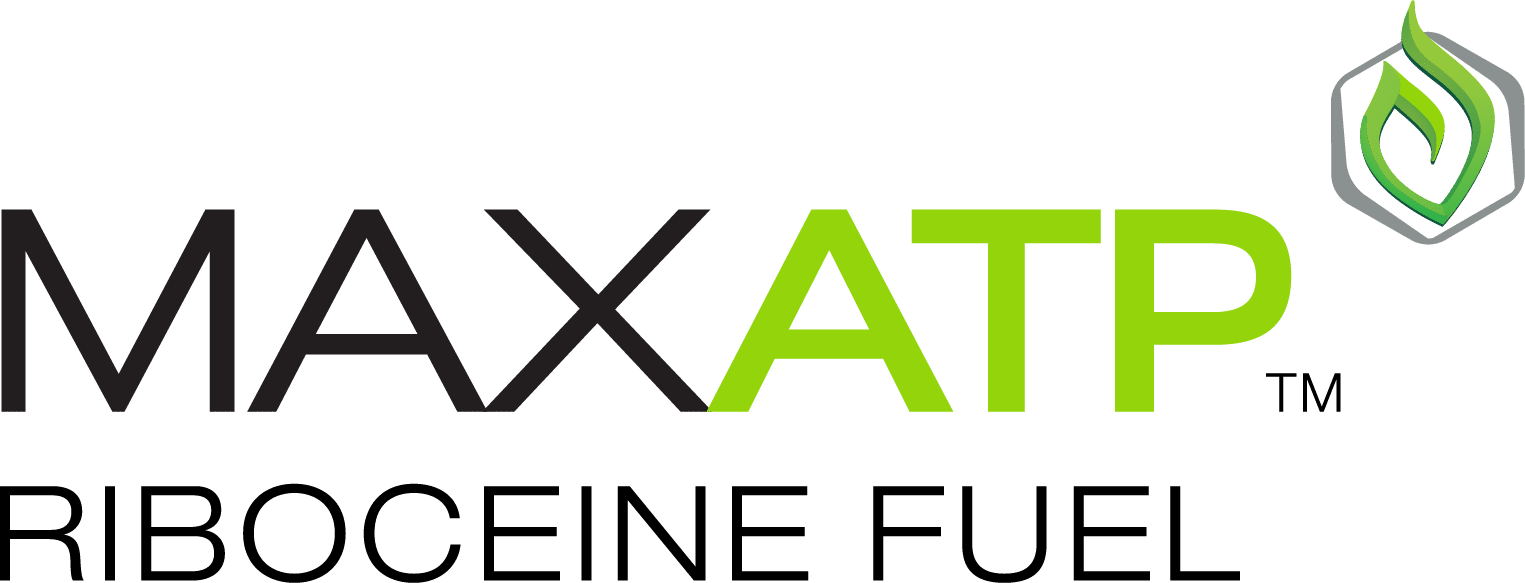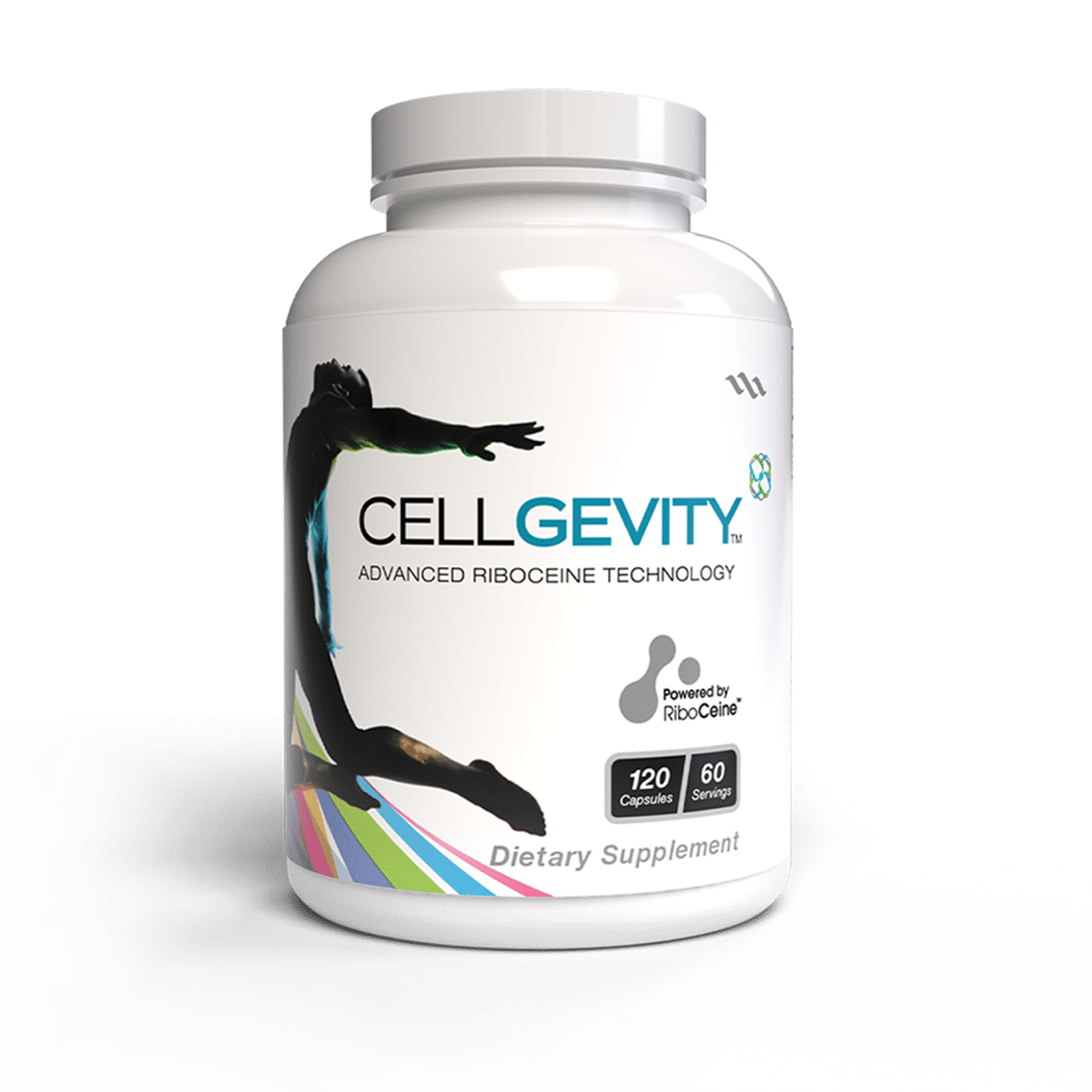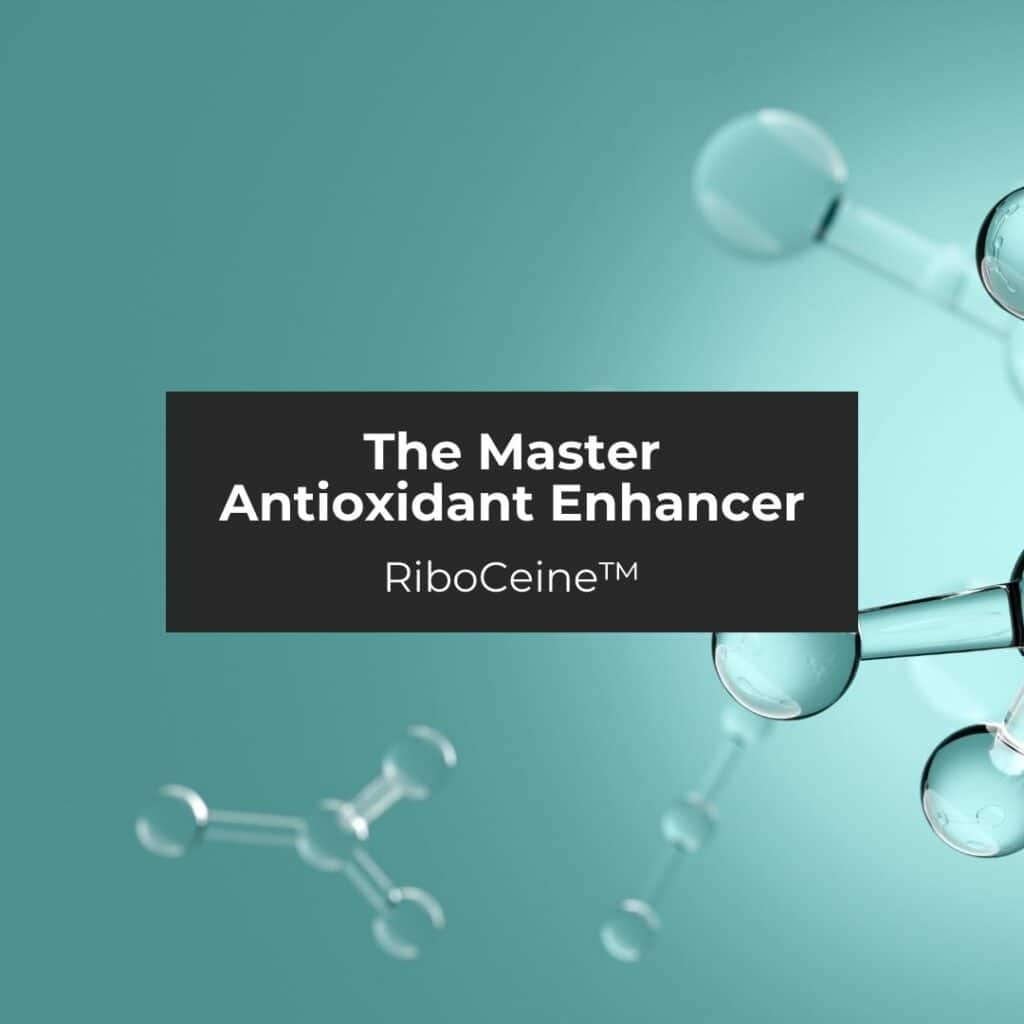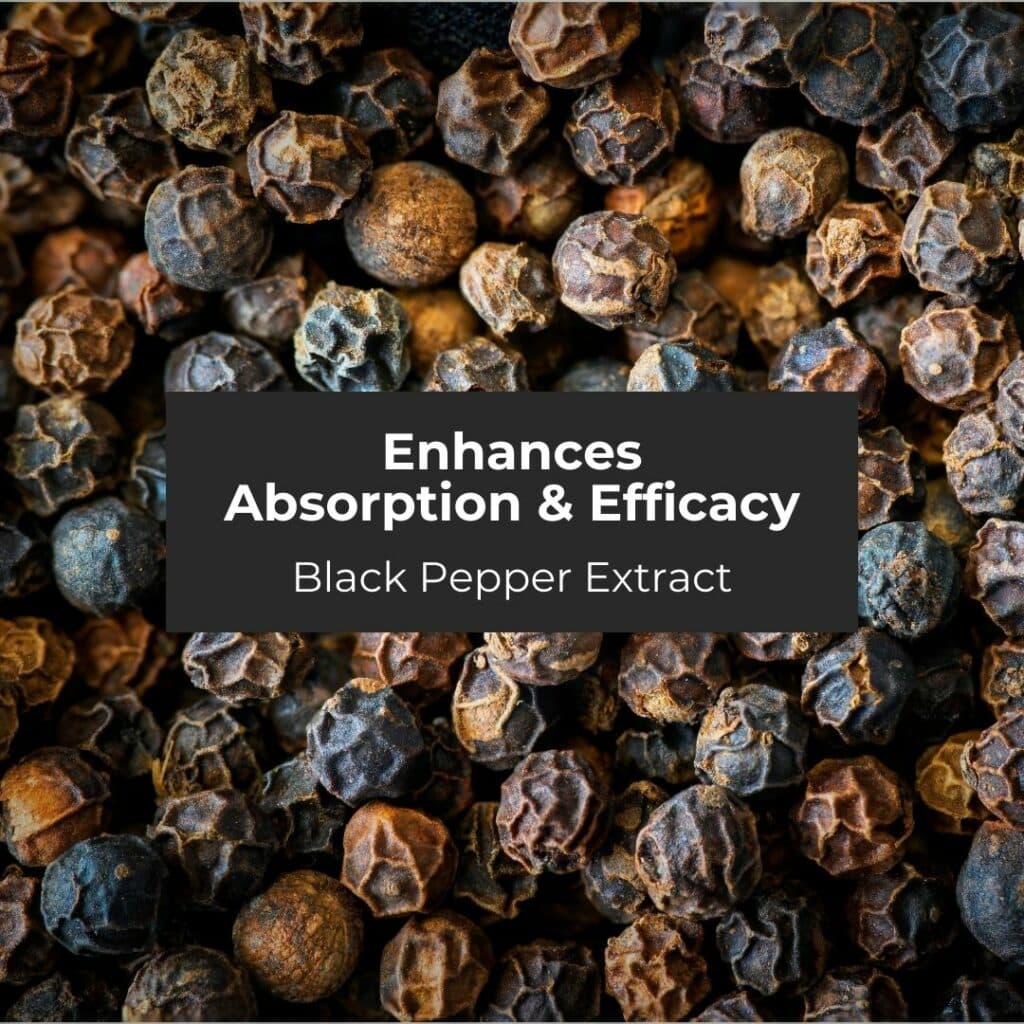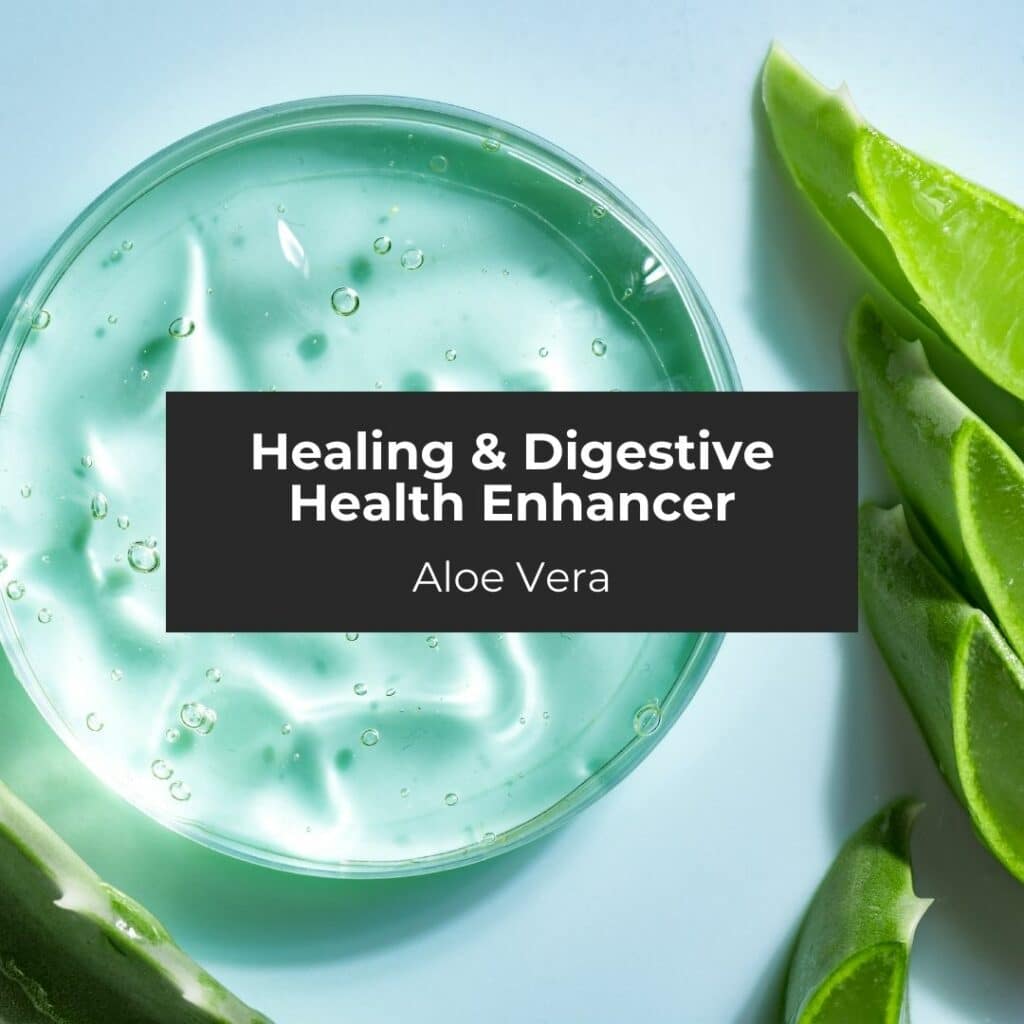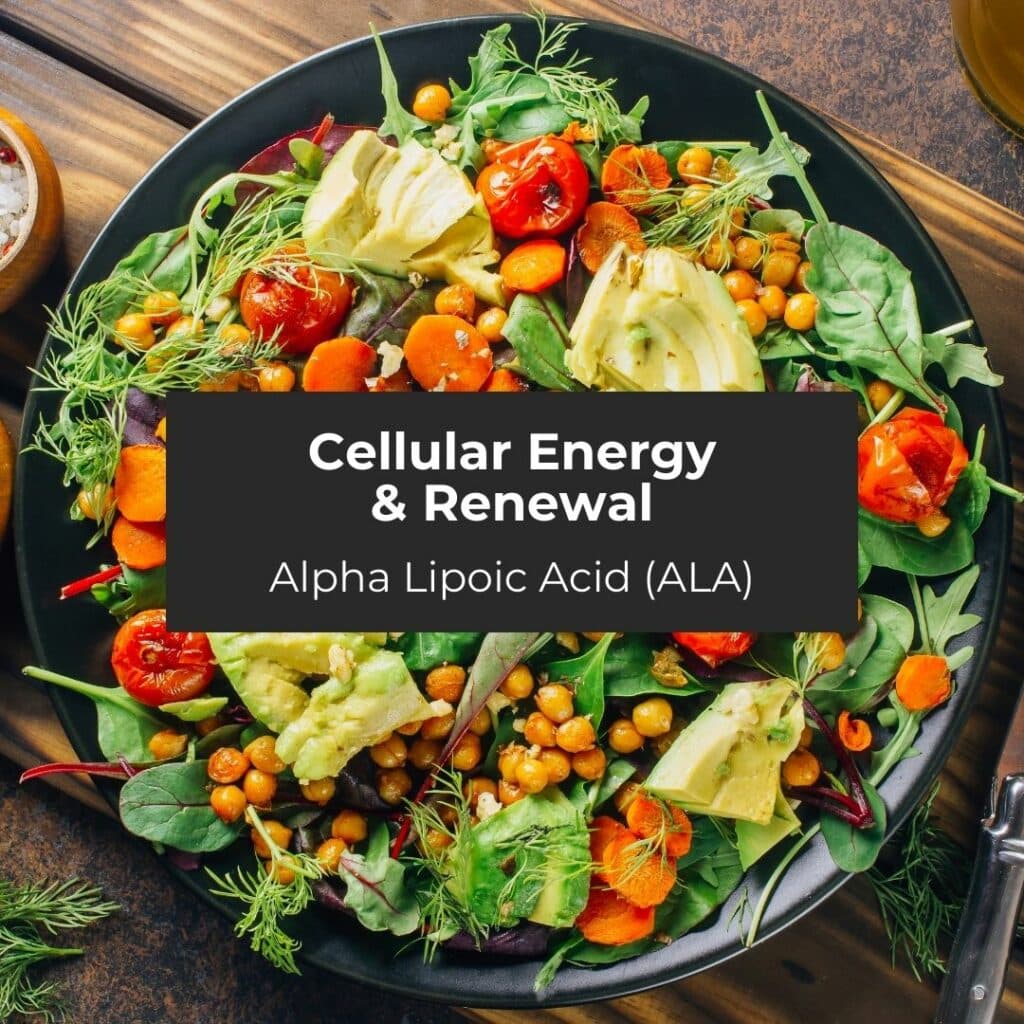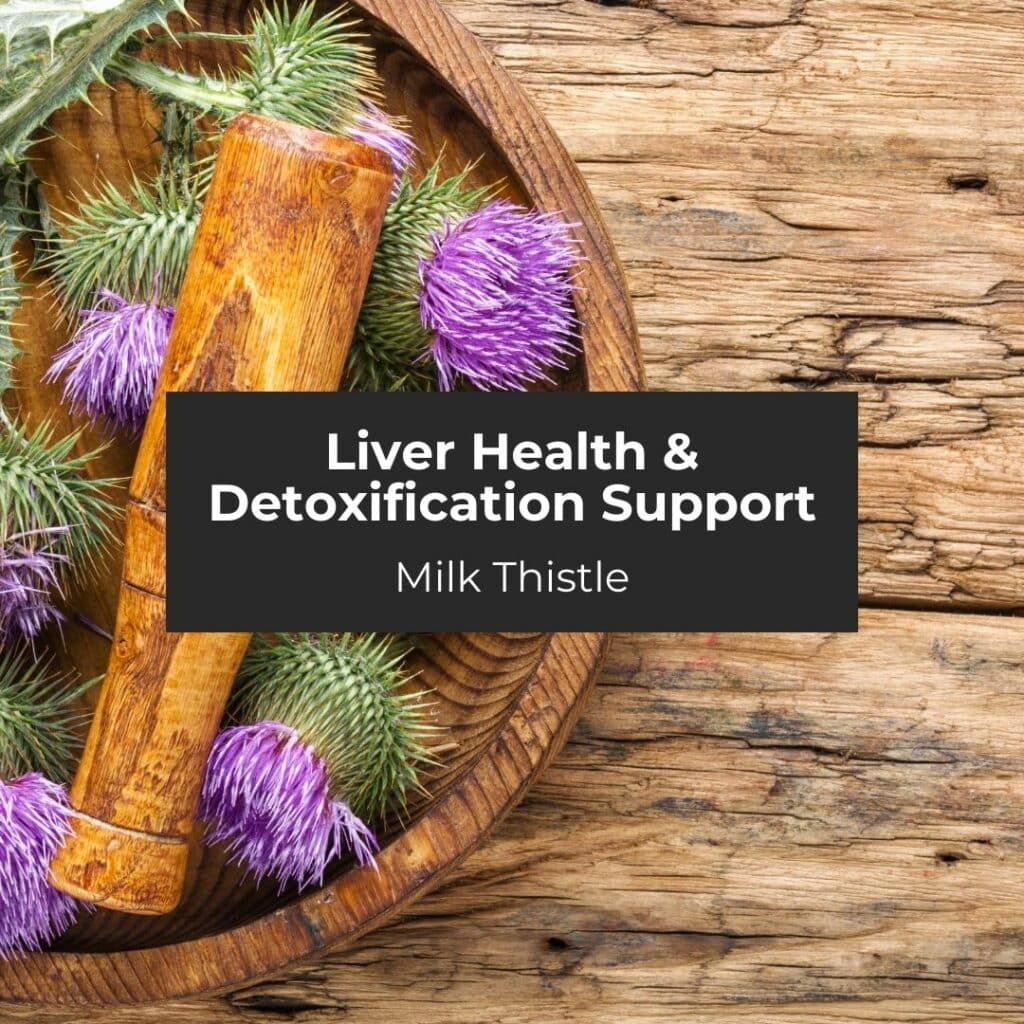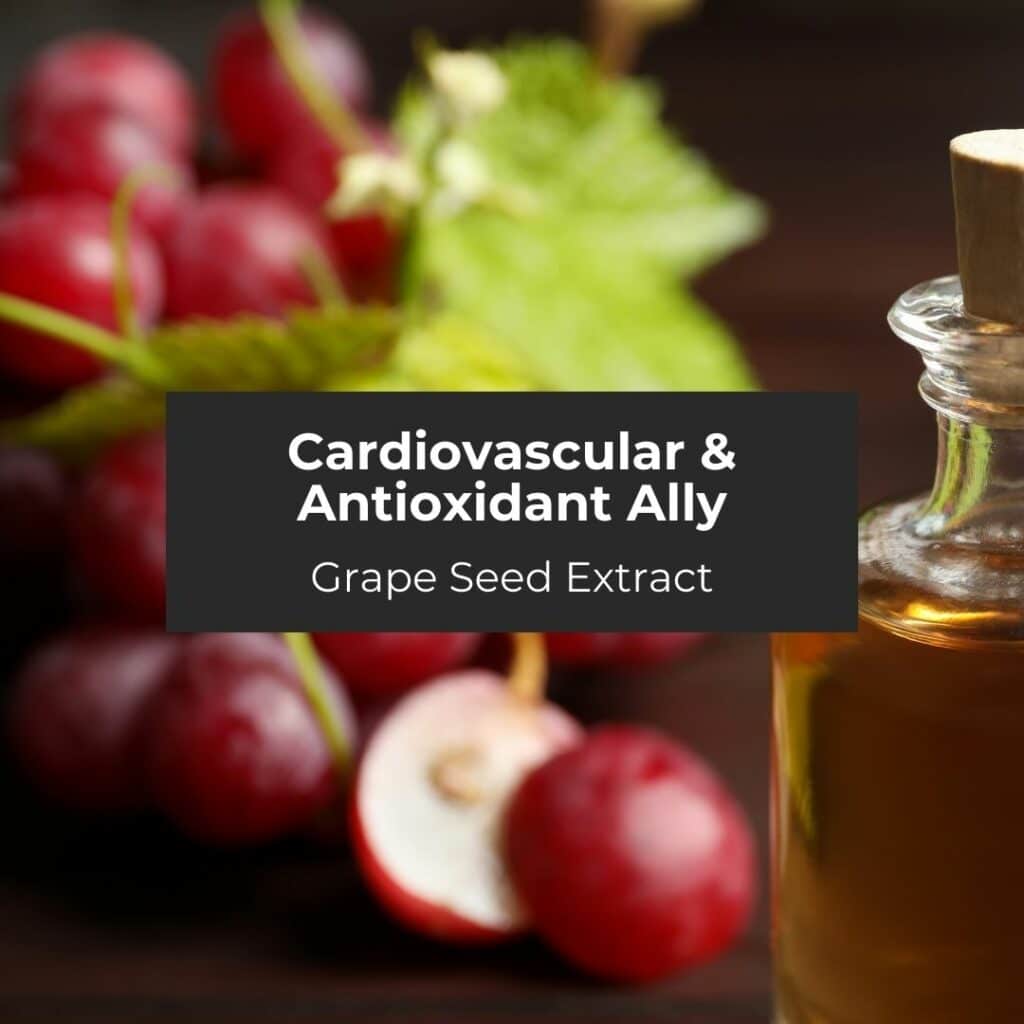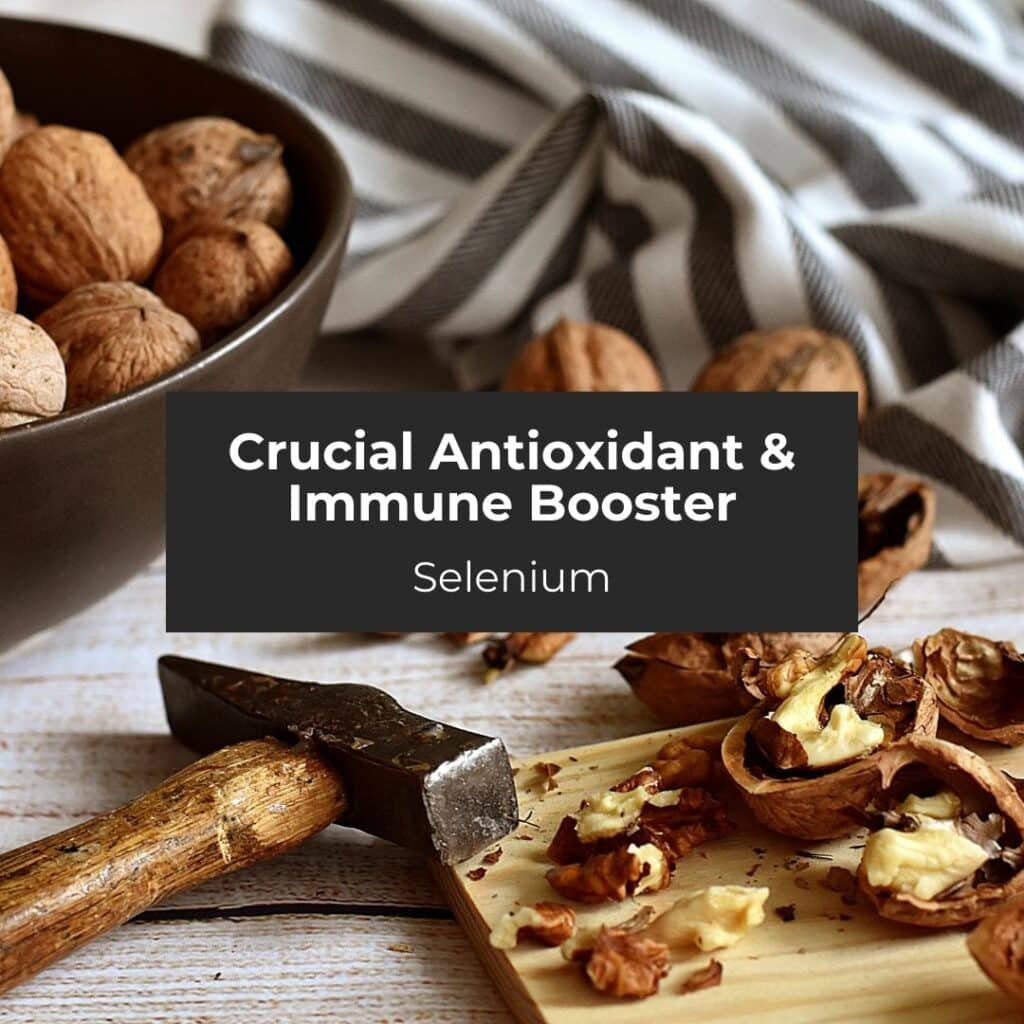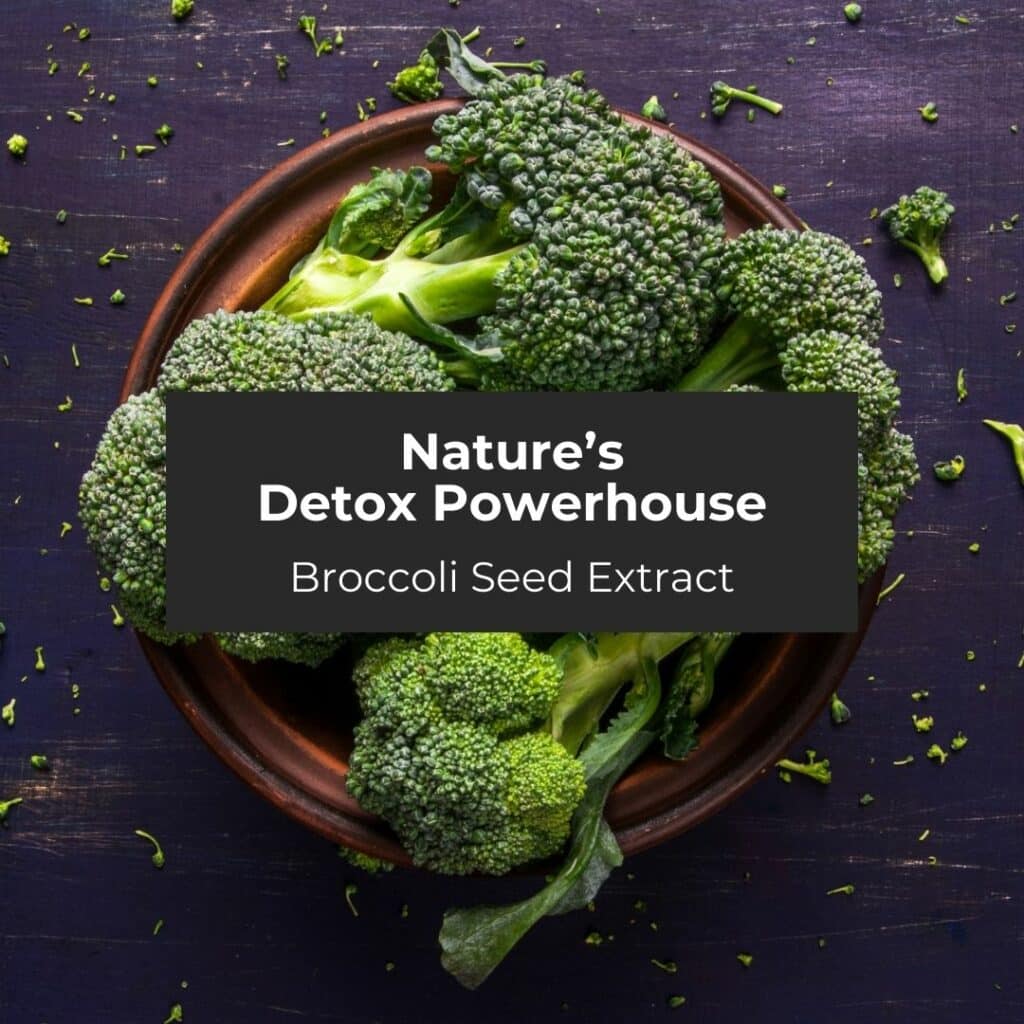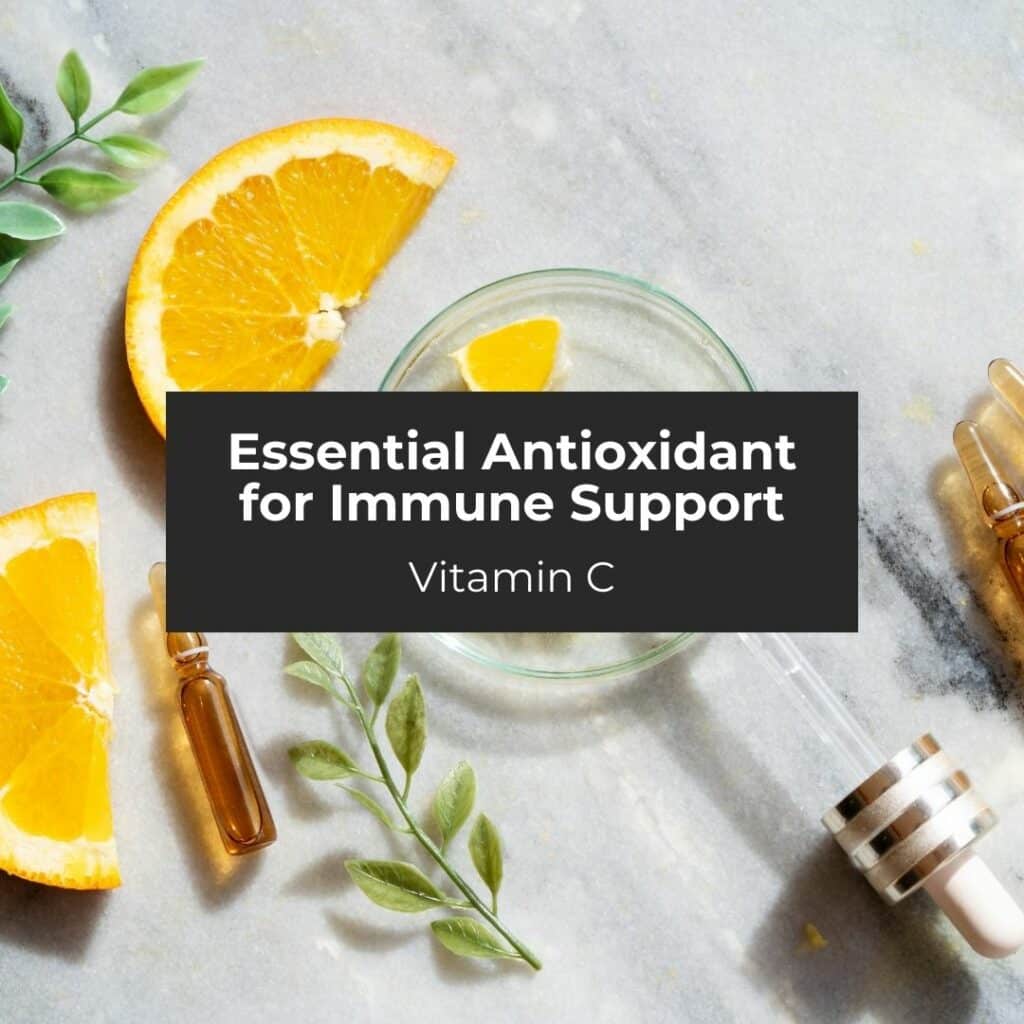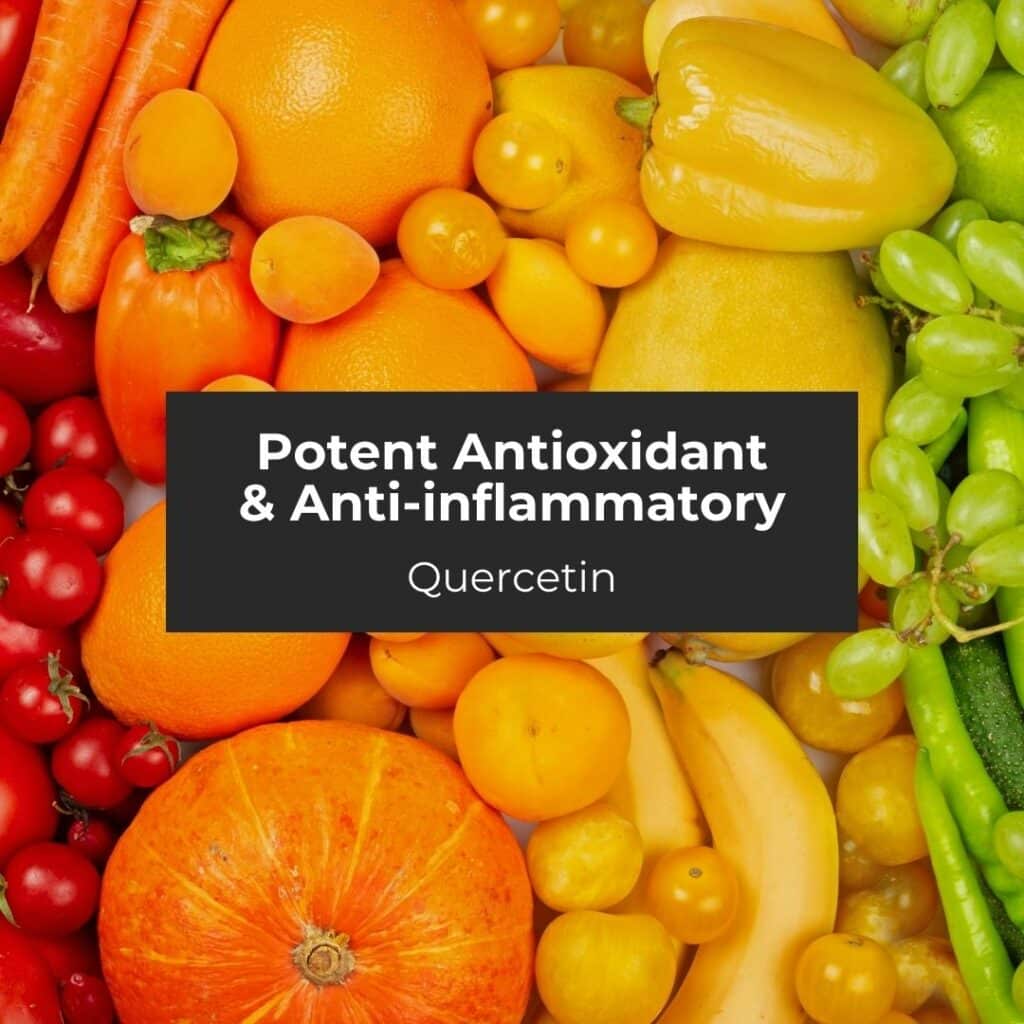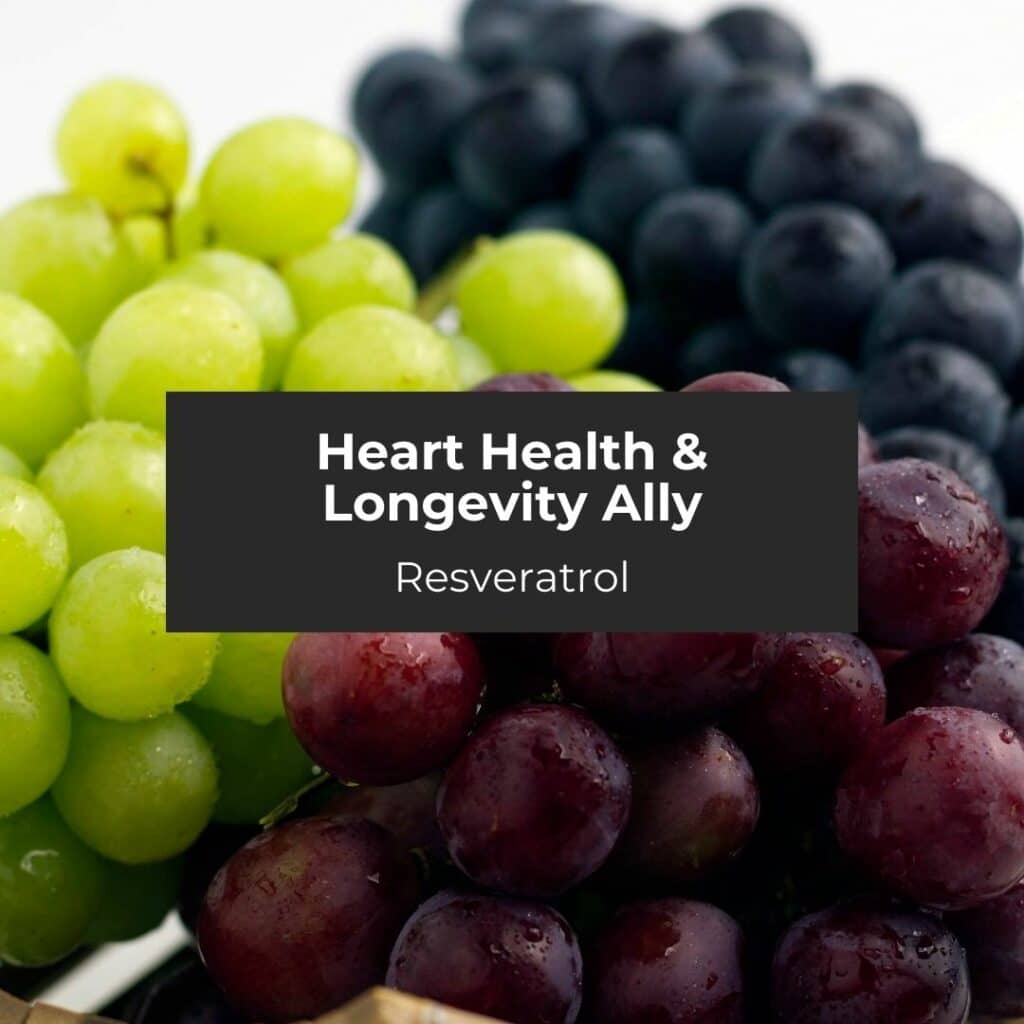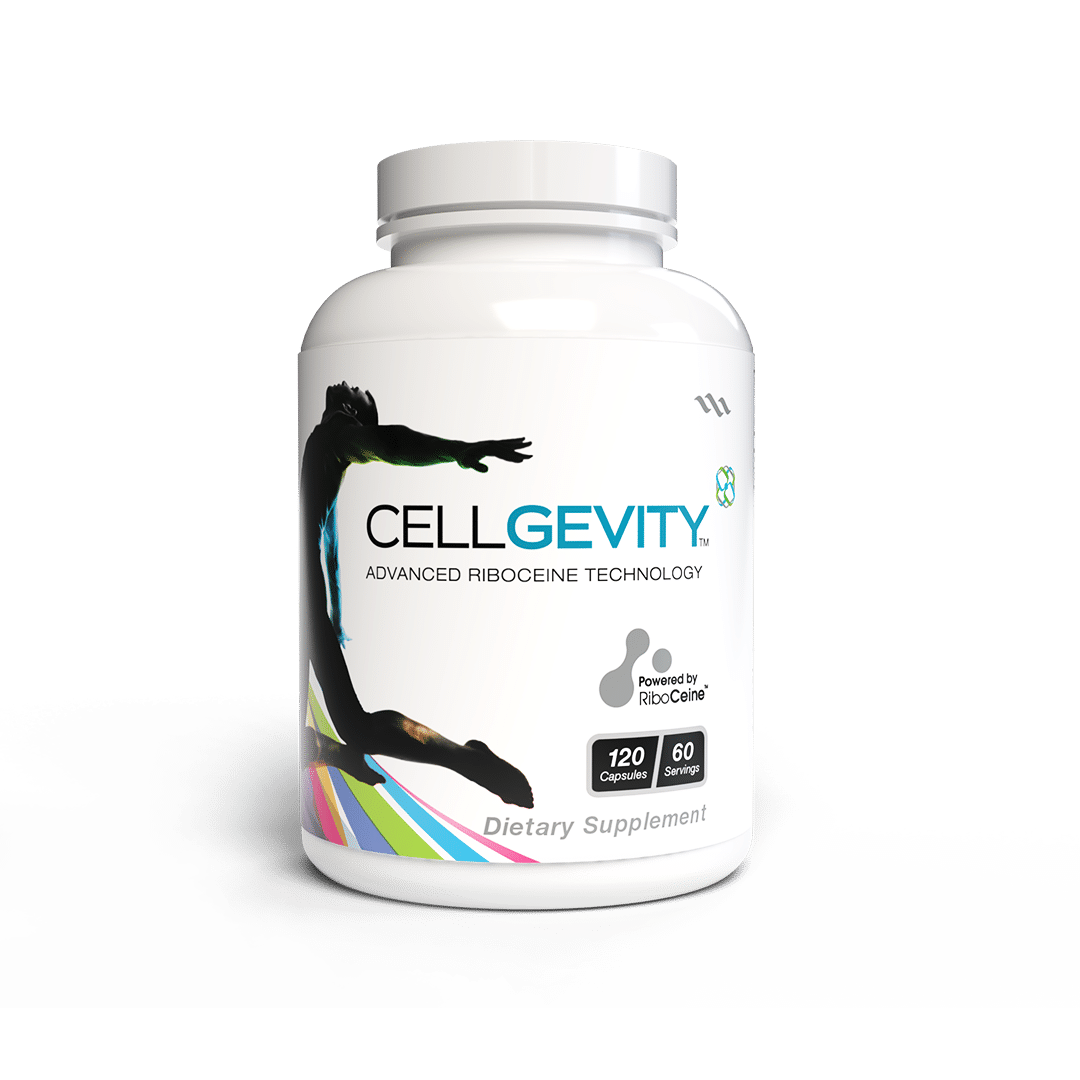In thinking about a balanced diet that provides a high amount of health benefits, you must consider seafood as an important option.
Seafood, especially fish, contains high amounts of protein and polyunsaturated Omega-3 fatty acids. What makes omega-3 oils so important is that they’re required for a host of healthy functions within the body, but because we can’t produce them naturally we need to consume it.
According to the Harvard School of Public health, the benefits of consuming omega-3s include, but are not limited to:
- Reduced chance of dying of heart disease
- Development of the brain and nervous system infants
- Reduced risk of stroke, Alzheimer’s disease and other chronic conditions
Recommended amounts vary, but the general consensus is that we should eat fatty fish 1-2 time a week. On average, this works out to roughly 4 grams of omega-3 fatty acids a day.
However, there is one major area of concern when considering a diet higher in fish. Fish, especially predatory fish like swordfish and tuna, can contain pollutants and toxins such as mercury, dioxins, and pesticides.
To mitigate the risks of pollutants when eating seafood, consider the following:
- Avoid predatory fish and choose fish like sardines or cod
- Check for any advisories when eating fish that is locally caught
- Supplement with products that guarantee to be freshly sourced and pollutant free.
Even pregnant women and young children can, and should, enjoy the health benefits of omega-3s if they eat smartly. Using an omega-3 supplement like Max357 Arctic Cod Omega Blend can better provide the benefits without the risks. Plus, it’s a great alternative if you aren’t a fan of seafood.
#livetothemax

